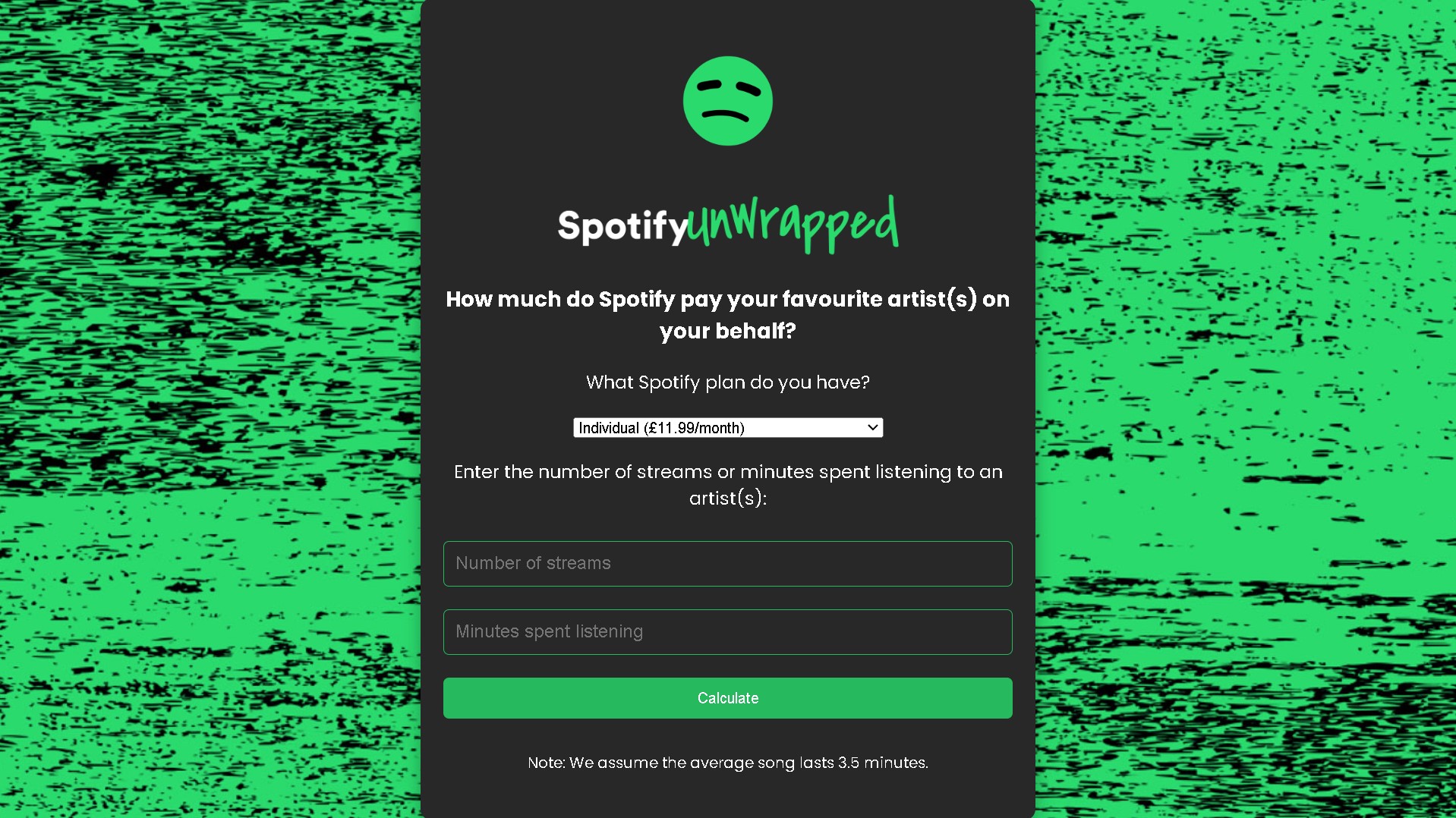In a startling revelation, top artists such as Marshmello and Steve Aoki are facing accusations of misusing millions of dollars in pandemic relief grants. An investigation by Business Insider has uncovered that these high-profile musicians allegedly took advantage of the Shuttered Venue Operators Grant (SVOG) program, which was intended to help struggling venues and artists during the COVID-19 crisis.
The SVOG was designed to provide financial assistance to independent venues and arts organizations hit hard by the pandemic. However, some artists have come under fire for receiving substantial amounts of this funding without providing clear evidence of how it was allocated. The investigation raises serious questions about the ethics and transparency of the relief program, as well as the responsibilities of artists and their management teams in times of crisis.
Marshmello’s $9.9 Million Grant
Christopher Comstock, better known by his stage name Marshmello, reportedly received a grant totaling $9.9 million. However, when the Small Business Administration (SBA) requested proof of how the funds were spent, Marshmello’s business manager allegedly confirmed that the entire sum had been pocketed. The lack of documentation or transparency regarding the use of these funds has sparked public outcry, as many independent venues and artists were struggling to survive during the pandemic and were relying on the SVOG to stay afloat.
While Marshmello has not publicly responded to the allegations, this case is raising eyebrows across the music industry, where there are increasing calls for more rigorous oversight of pandemic relief programs. These grants were intended to support small businesses, including musicians and venues, not to line the pockets of those who were already financially comfortable.
Steve Aoki’s Controversial Loan
Steve Aoki, another well-known DJ and producer, is also under scrutiny for his handling of pandemic relief funds. According to the investigation, Aoki’s loan-out company, DJ Kid Millionaire Touring, claimed to have spent $2.4 million on payroll and $1.9 million on officer pay. Notably, Steve Aoki is the sole officer of the company, which raises questions about the legitimacy of these claims. The disparity between the funds allocated and the actual use of the relief money has put Aoki’s company under the microscope, especially considering that the program was designed to protect those in the entertainment industry who faced financial hardship due to event cancellations and venue closures.
Aoki, like Marshmello, has not issued any public statements regarding the accusations at the time of writing, but the situation has brought attention to the broader issue of financial transparency within the music and entertainment industry. Many people are now questioning whether these artists and others were able to exploit the pandemic relief system, potentially leaving smaller, less-established acts without the support they desperately needed.
A Growing Concern: Artist Pay and Accountability
The allegations against Marshmello, Aoki, and others highlight a deeper issue that has been simmering for years within the entertainment industry—the imbalance of power and money in the music world. Streaming platforms like Spotify and Apple Music already face heavy criticism for low royalty payments to artists. Now, the misuse of pandemic relief funds by well-established musicians only adds fuel to the fire of debate surrounding fair compensation for artists.
In addition to larger, more public figures, many independent musicians and smaller venues have struggled to get their fair share of pandemic relief. While some of the most successful names in electronic music are accused of taking advantage of the system, thousands of smaller venues and artists were left in dire financial straits. Advocacy groups such as the Union of Musicians and Allied Workers (UMAW) have been vocal about the need for better financial transparency and more equitable distribution of funds across the industry.
What’s Next for the Shuttered Venue Operators Grant?
The SVOG program was launched in an attempt to stabilize a devastated industry, but the allegations of misuse raise significant concerns about its implementation. The U.S. government allocated billions in aid to support businesses struggling due to the pandemic, but now that money is under scrutiny for potential misuse by those least in need. As this investigation unfolds, questions will likely be raised about how such programs are monitored and whether larger artists can continue to exploit these opportunities at the expense of smaller, independent entities.
The situation also underscores the importance of transparency in the way grant money is handled. It remains to be seen whether there will be legal repercussions for those involved or if any changes will be made to the distribution of pandemic relief funds. For now, the debate continues to rage, with many urging for more accountability within the music industry to ensure that funds meant for struggling artists and venues reach those who need them most.

